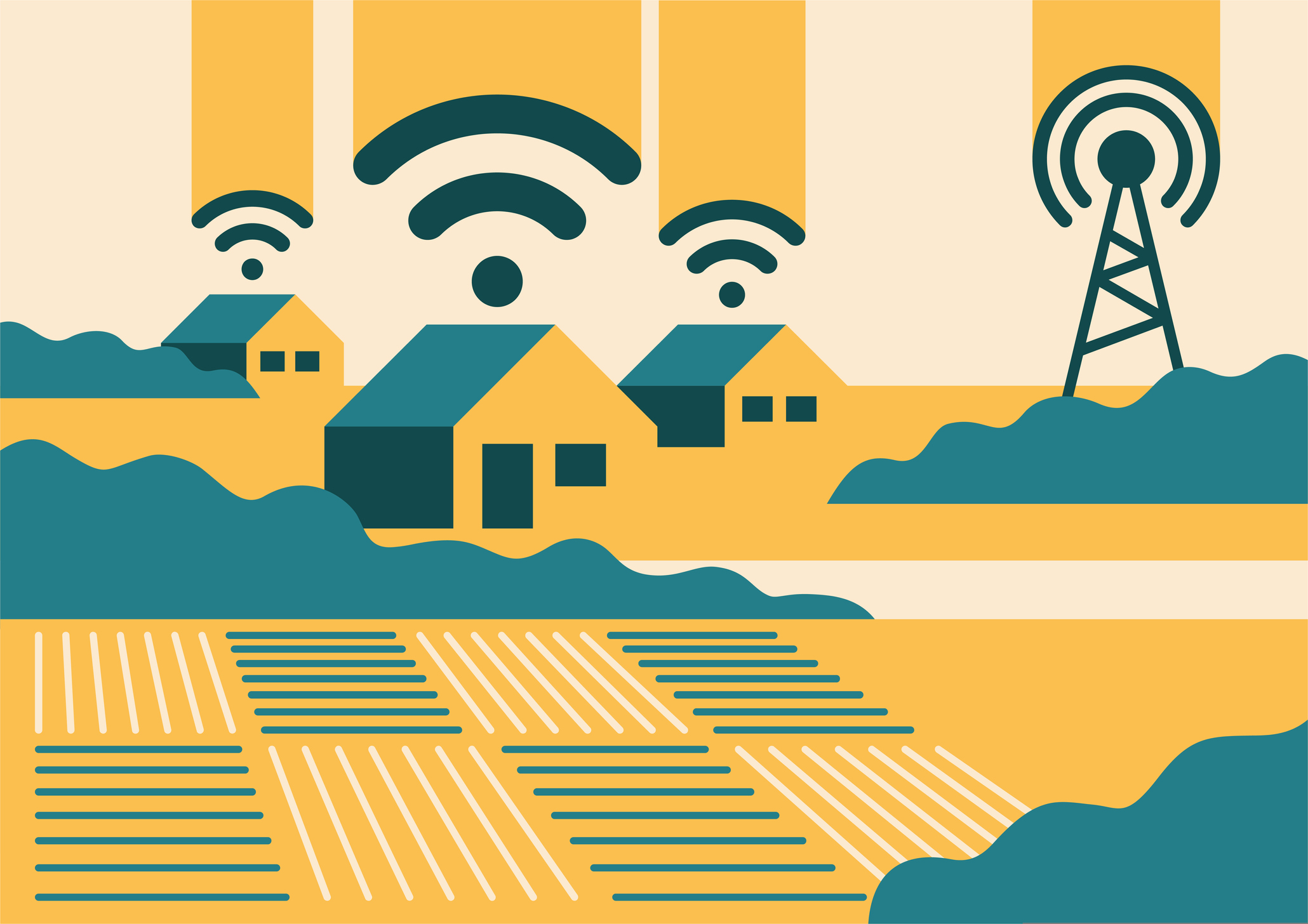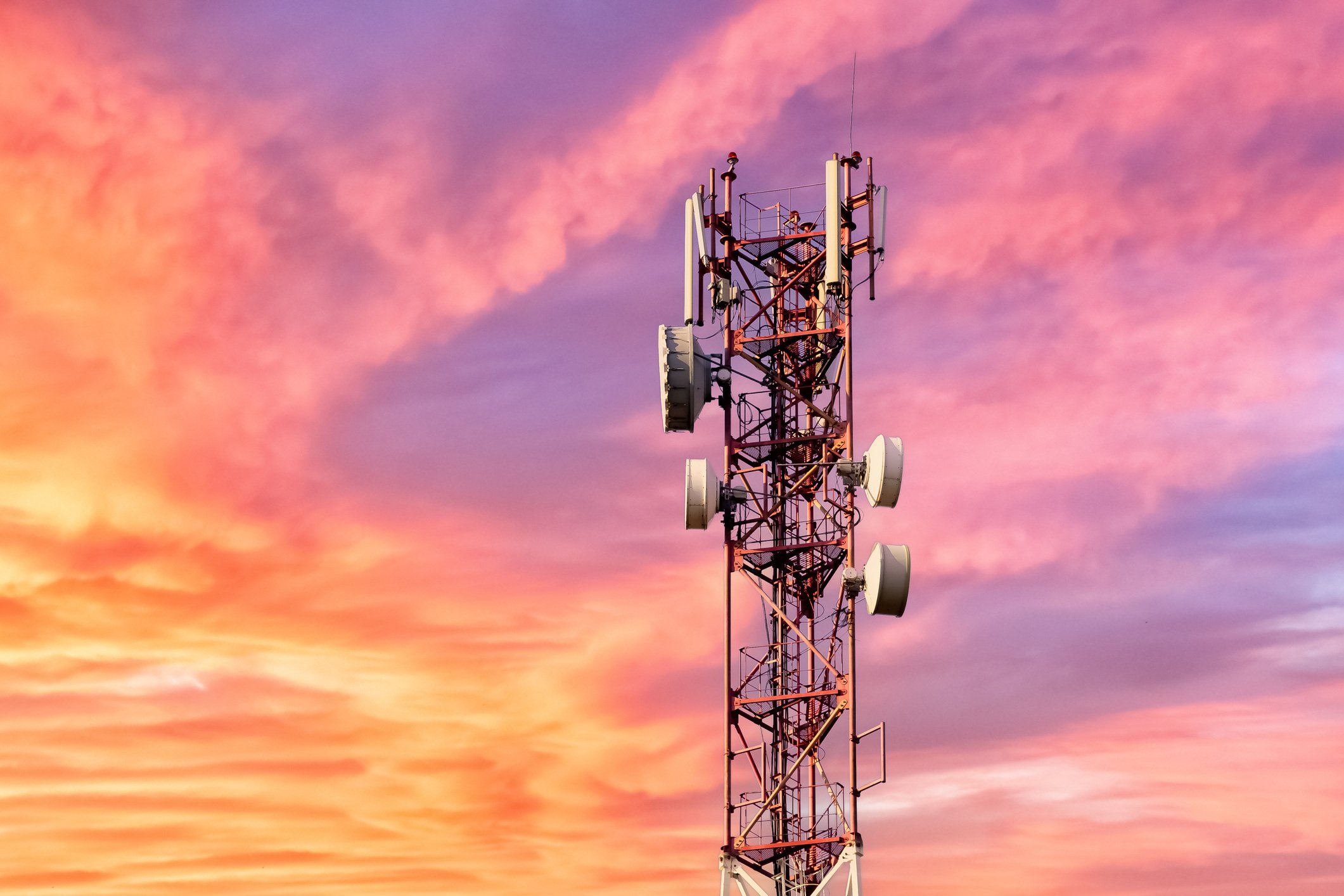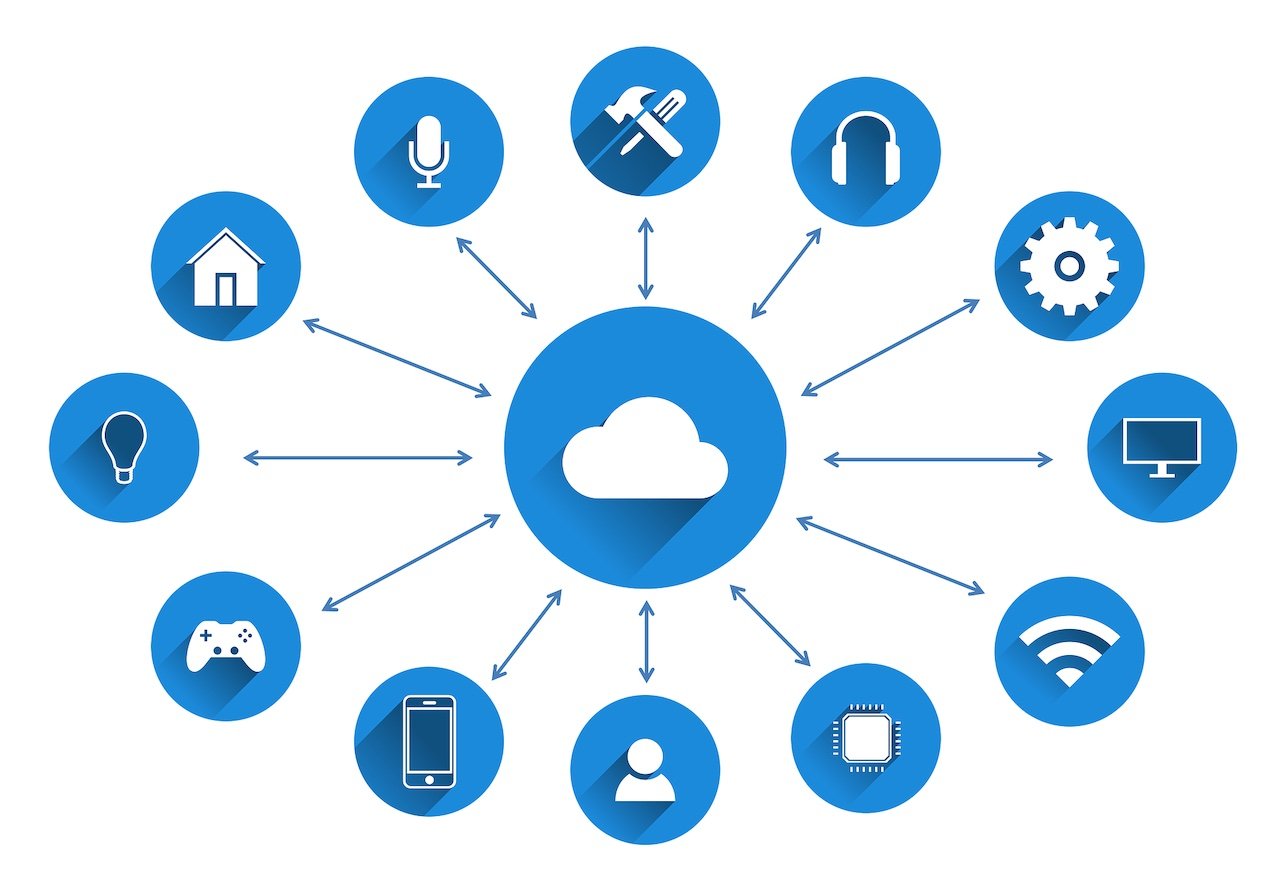
- April 2025 (2)
- March 2025 (2)
- February 2025 (1)
- December 2024 (2)
- November 2024 (2)
- August 2024 (2)
- June 2024 (3)
- May 2024 (3)
- April 2024 (1)
- March 2024 (3)
- February 2024 (2)
- January 2024 (2)
- December 2023 (1)
- November 2023 (2)
- October 2023 (2)
- September 2023 (1)
- August 2023 (1)
- July 2023 (2)
- June 2023 (3)
- May 2023 (2)
- April 2023 (1)
- March 2023 (4)
- February 2023 (1)
- January 2023 (2)
- November 2022 (2)
- September 2022 (1)
- August 2022 (2)
- July 2022 (2)
- June 2022 (2)
- May 2022 (1)
- April 2022 (3)
- March 2022 (1)
- February 2022 (3)
- January 2022 (2)
- December 2021 (1)
- November 2021 (1)
- October 2021 (2)
- September 2021 (3)
- August 2021 (1)
- July 2021 (4)
- June 2021 (1)
- May 2021 (2)
- April 2021 (2)
- March 2021 (2)
- February 2021 (3)
- January 2021 (3)
- December 2020 (1)
- October 2020 (1)
- August 2020 (1)
- August 2019 (1)
- January 2019 (2)
- September 2018 (5)
- June 2018 (1)
- November 2017 (1)
- September 2017 (1)
- July 2017 (1)
- May 2017 (1)
- January 2017 (1)
- October 2016 (2)
- August 2016 (1)
- July 2016 (1)
- June 2016 (1)
Subscribe by email
Access to broadband internet connectivity is vital for homes and businesses, but many recent studies reveal that millions of Americans still lack reliable internet access. In 2019, an estimated 21 million Americans lacked internet connectivity. More recent research suggests that the number of people with internet access has been over-reported and the number of people without internet is closer to 42 million. Much money and effort have been devoted to bridging the gap in internet access, but the U.S. Government Accountability Office admits that “addressing the digital divide continues to be a challenge.” According to Pew research, even some rural areas with wired connectivity still do not have infrastructure that supports dependable high-speed internet.
The digital divide remains, but fixed wireless, also called broadband wireless, and in some cases just wireless home or business Internet, is gaining popularity as a viable source of high-capacity broadband internet in rural locations. Cellular carriers, like T-Mobile and Verizon, now offer 5G fixed wireless internet with download speeds of 33–300 Mbps and support data plans ranging from 10GB up to, and including unlimited data allowances. Zipit Wireless provides these same high-data usage fixed wireless plans and subscription billing functions to assist ISPs and MSPs in bridging the digital divide and to provide businesses with internet to streamline operations and improve efficiency. If you’re considering fixed wireless for high-speed internet, we’ll provide the pros, cons, and cost, so you can determine if it’s a good fit for your home or business.
What is fixed wireless internet?
With fixed wireless internet, cellular towers beam radio frequencies directly to wireless access points in a fixed location for fast and reliable internet connectivity. Fixed wireless is a much more economical option than laying new cables for rural locations without a fiber infrastructure, as long as the area has access to cellular spectrum. Fixed wireless networks provide high-speed localized internet connectivity for homes or businesses. Fixed wireless is well-suited for high data use cases, like streaming TV shows at home or providing connectivity for temporary job sites or surveillance cameras.
How does fixed wireless internet work?
Fixed wireless internet uses existing cellular coverage to cover gaps in connectivity between cables laid by traditional Internet Service Providers (ISPs), such as cable companies. Deploying fixed wireless internet requires very little infrastructure. Devices have small embedded or attached antennas that connect to a gateway (a Wi-Fi router and modem) to receive a direct signal from cell towers and base stations. The gateway connects devices at that location to the internet.
Are Fixed wireless internet and mobile broadband the same thing?
Even though fixed wireless and mobile broadband (MBB) both supply cellular internet connectivity, they have different use cases. Fixed wireless internet is designed to connect multiple devices with high data usage in a single, fixed location. MBB provides connectivity on the go for portable devices. RVs are one exception where fixed wireless internet makes sense for portable devices. In practice, a parked RV is more like a home than a vehicle, and data needs are usually higher than they are on the road.
Is fixed wireless internet slow?
With 5G, fixed wireless internet is just as fast as wired internet and is faster than DSL and satellite internet. DSL uses phone lines to connect to the internet, and satellite provides internet through one satellite dish in space, another at your ISP’s location, and another at your property. Fixed wireless internet, however, receives connectivity from a cell tower and transmits it to your devices for fast, high-quality connectivity. Devices designed for fixed wireless generally have multiple antennas and were designed to support the latest standards for cellular connectivity focusing on increased speeds and reduced latency.
Is fixed wireless internet a viable option for businesses?
Cellular fixed wireless access can be a great primary source of internet for SMB and mid-market companies and even enterprises like engineering firms that send teams or departments into different geographies for months-long projects. Fixed wireless internet can be an excellent alternative to other forms of broadband. 5G fixed wireless is now ahead of DSL or satellite and comparable to wired internet in terms of speed and quality. For homes or businesses with wired internet, fixed wireless may be a good backup internet option should your primary internet source lose connectivity.
Here are a few fixed wireless use cases we’re enabling:
- Cellular security cameras
- Internet connectivity for rural ISPs
- Remote offices
- Temporary construction job sites
- Network redundancy
If you are an ISP or MSP and think fixed wireless could be a good solution to add to your service offerings, start a conversation with us to discuss Zipit’s high-data fixed wireless plans.
Advantages and disadvantages of fixed wireless internet
Advantages of fixed wireless internet
- High bandwidth: 4G/LTE and 5G fixed wireless internet provide a strong source of connectivity for devices with high data consumption. This means your devices can share more data in a shorter time.
- Weather resistance: Fixed wireless internet is more weather-resistant than satellite or DSL and is only affected on rare occasions in severe storms.
- Low latency: Fixed wireless has lower latency than satellite or MBB and is one of the best high-speed internet solutions to bridge the digital divide.
- Simple infrastructure: There’s no need to modify the existing cellular infrastructure for fixed wireless internet. Access points, antennae, and gateways are all that is required.
- Large coverage area: Fixed wireless is accessible anywhere with cellular service at a more affordable cost than laying new cables for the same level of connectivity.
The main disadvantage of fixed wireless is that connectivity can be intercepted if mountains or buildings block the cellular signal, but proper planning may be all that’s required to avoid this problem.
How much does fixed wireless cost?
The cost of fixed wireless data plans depends on the location and provider. Competitive plans from cellular carriers can certainly start as low as $25 per month. An experienced connectivity provider like Zipit can recommend the most cost-effective fixed wireless solutions that meet the needs of your use case. And as more spectrum becomes available, the cost and ease of deploying fixed wireless internet will only improve.
Are there data or device limits with fixed wireless?
Data limits depend on the plan you choose, but fixed wireless internet can offer much higher data allowances and speeds than phone plans, satellite, or DSL.
Zipit Wireless specializes in high data usage or unlimited 5G fixed wireless plans for rural ISPs, MSPs, and enterprises. Zipit’s SIM cards can also allow your organization to set up private network traffic routing for greater control over your data and the devices that can connect to the network. Whatever your fixed wireless data needs, we can provide you with the connectivity, hardware from trusted partners, and a simple platform where you can manage and monetize data use from connected devices and gain analytics and business insights.
Fixed wireless internet is just one example of how 5G and the continuing evolution of 4G LTE are expanding cellular connectivity options for large enterprises. It’s also creating new opportunities for massive-scale IoT innovations. If you’re looking for more resources, learn more about what 5G means for connectivity or how you can monetize your IoT solution.
Want to learn more? Check out our in-depth guide Fixed Wireless: A Viable Wireless Broadband Solution for High-speed Business Internet
Related Content
The latest IoT insights and platform updates from Zipit.
IoT devices need flexible network technologies optimized for low-power application...
The network an IoT device selects significantly impacts the strength and reliabili...
Deploying an IoT solution brings significant value to businesses, but it also intr...



